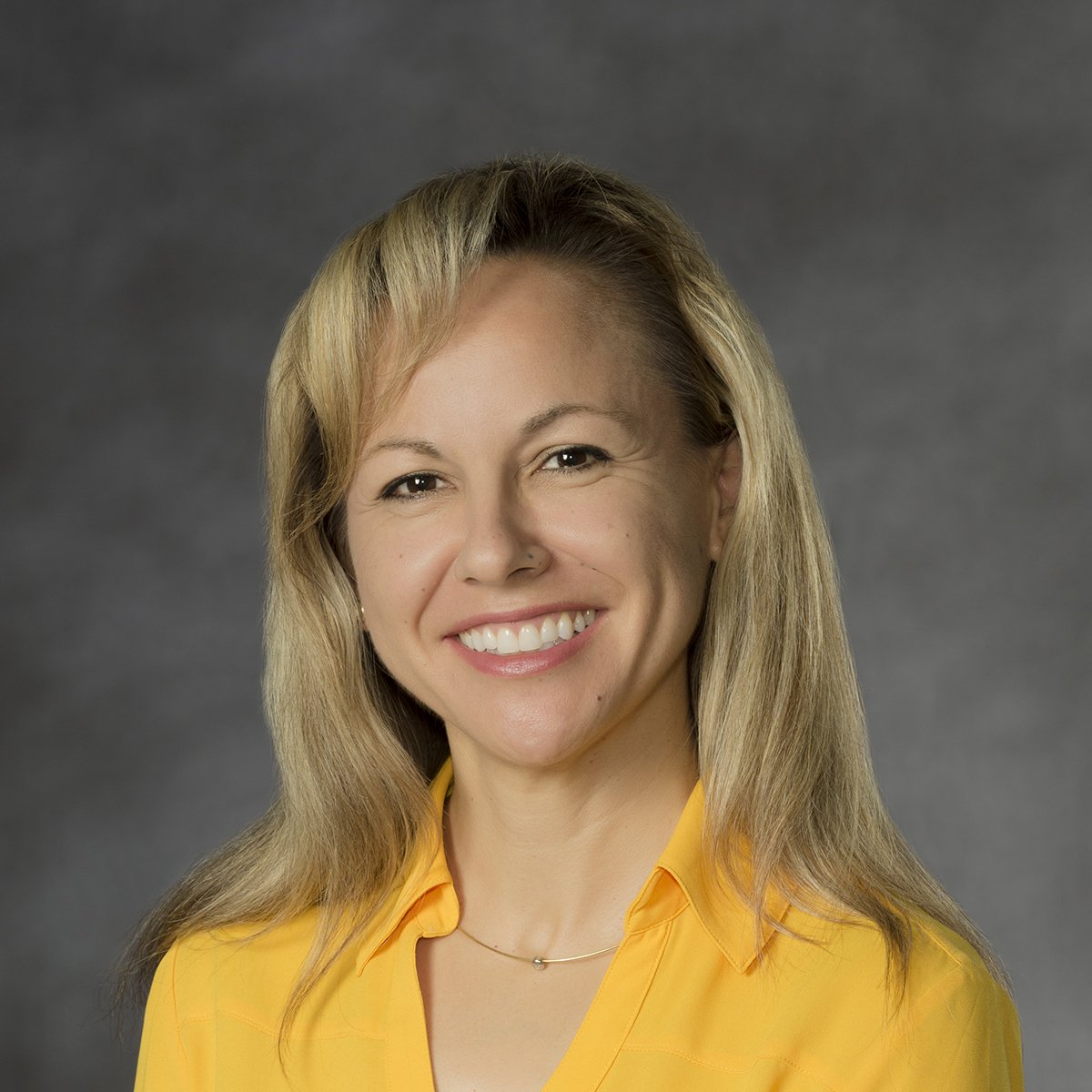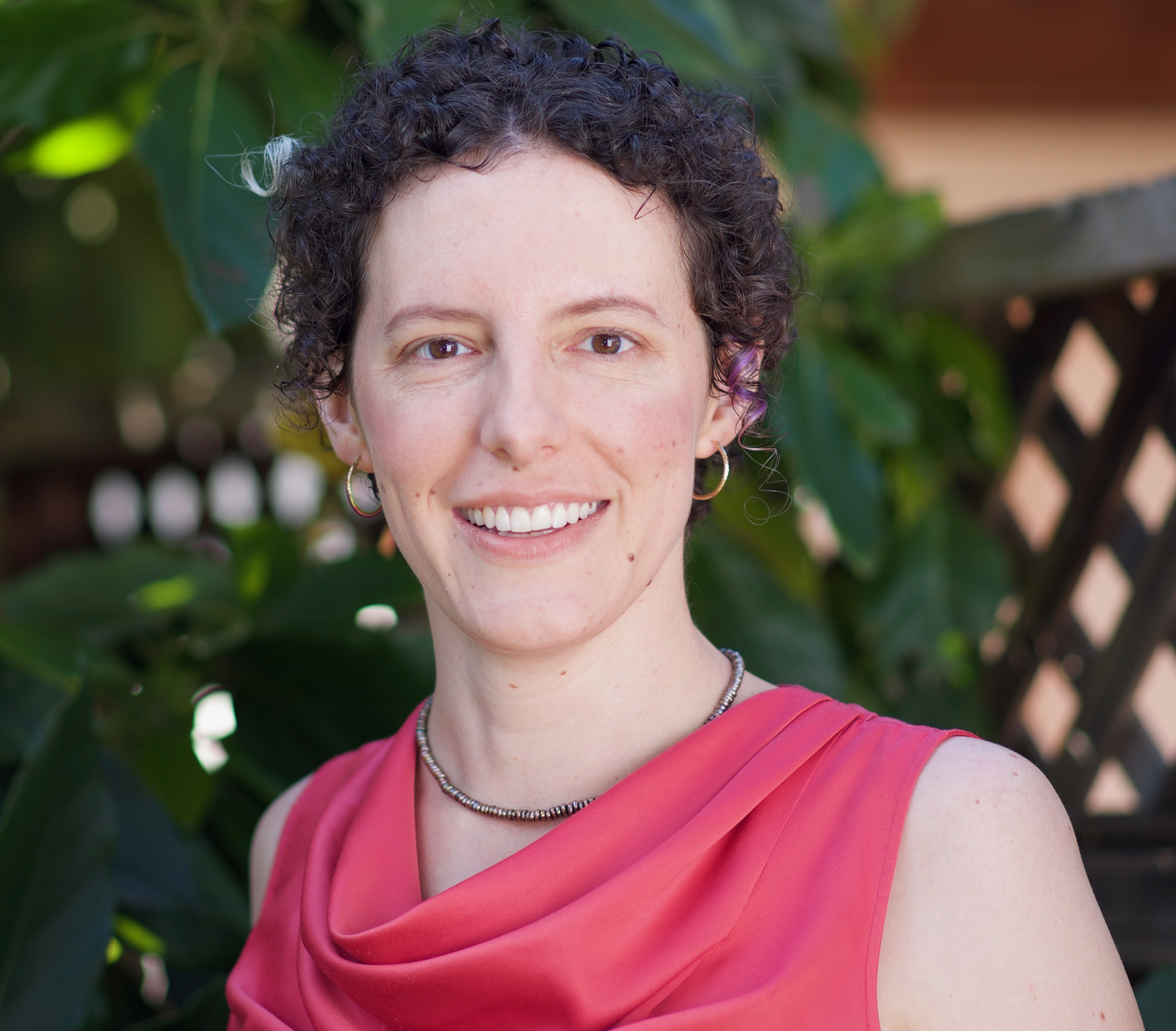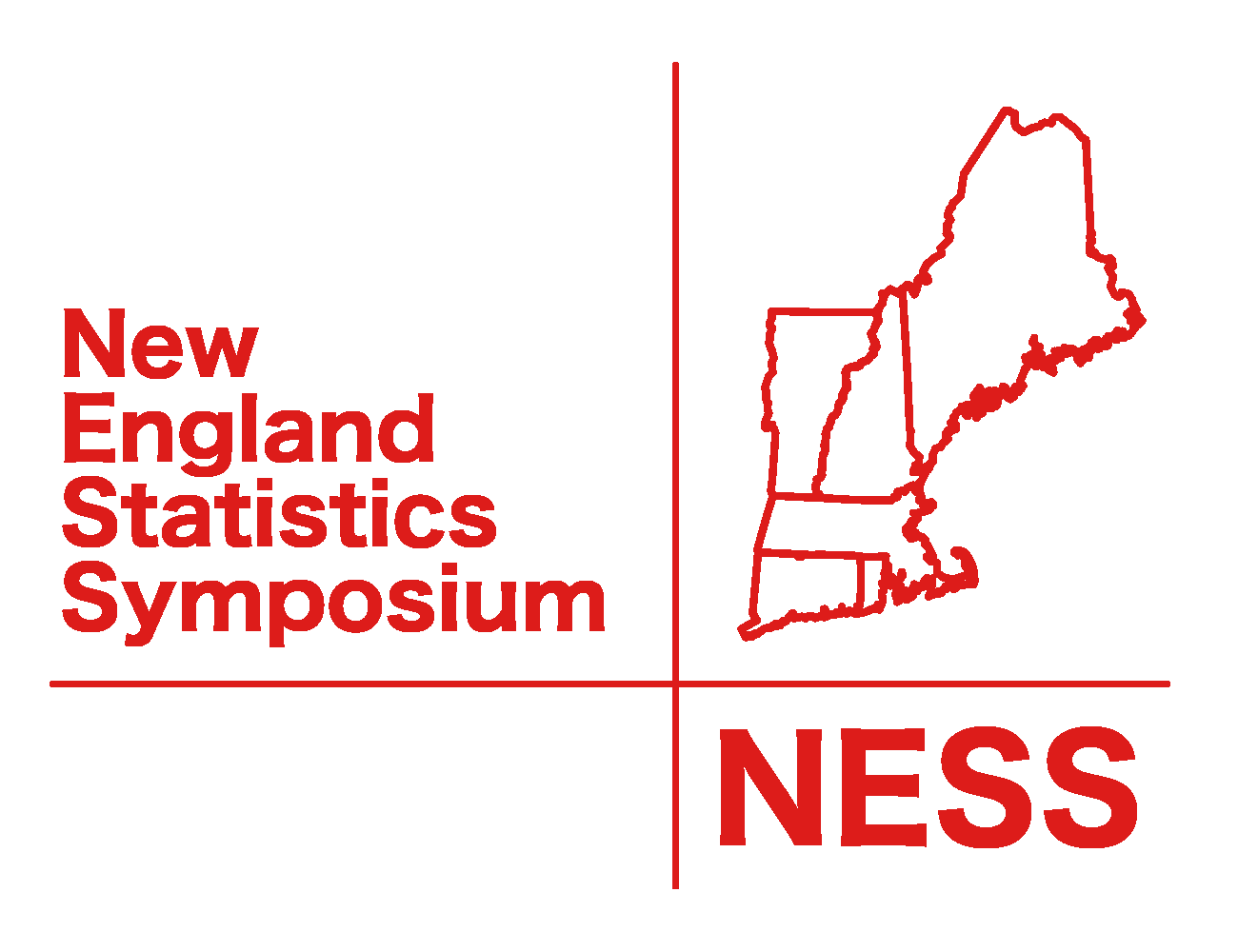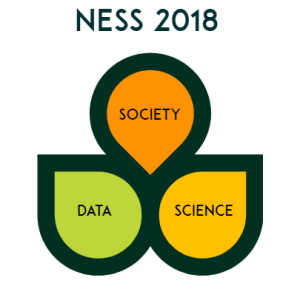Keynote Speakers
- Dr. Montse Fuentes, “Bayesian Tensor Regression for Neuroimaging Data”
- Dr. Dawn Woodard, “Pricing and Matching in Ride-Hailing”"
Dr. Montse Fuentes, Virginia Commonwealth University
“Bayesian Tensor Regression for Neuroimaging Data”
Imaging data with thousands of spatially-correlated data points are common in many fields. In Neurosciences, magnetic resonance imaging (MRI) is a primary modality for studying brain structure and activity. Modeling spatial dependence of MRI data at different scales is one of the main challenges of contemporary neuroimaging, and it could allow for accurate testing for significance in neural activity. The high dimensionality of this type of data (millions of voxels) presents modeling challenges and serious computational constraints. Methods that account for spatial correlation often require very cumbersome matrix evaluations which are prohibitive for data of this size, and thus current methods typically reduce dimensionality by modeling covariance among regions of interest – coarser or larger spatial units – rather than among voxels. However, ignoring spatial dependence at different scales could drastically reduce our ability to detect important activation patterns in the brain and hence produce misleading results. To overcome these problems, we introduce a novel Bayesian Tensor approach, treating the brain image as response and having a vector of predictors. Our method provides estimates of the parameters of interest using a generalized sparsity principle. This method is implement using a fully Bayesian approach to characterize different sources of uncertainty. We demonstrate posterior consistency and develop a computational efficient algorithm. The effectiveness of our approach is illustrated through simulation studies and the analysis of the effects of cocaine addiction on the brain structure. We implement this method to identify the effects of demographic information and cocaine addiction on the functioning of the brain.
 Montserrat (Montse) Fuentes, Ph.D., became dean of the Virginia Commonwealth University College of Humanities and Sciences on July 1, 2016. She came to VCU from North Carolina State University, where she served as the head of the Department of Statistics and James M. Goodnight Distinguished Professor of Statistics. She received a dual bachelor’s degree in mathematics and music (piano) from the University of Valladolid in Spain and a Ph.D. in statistics from the University of Chicago.
Montserrat (Montse) Fuentes, Ph.D., became dean of the Virginia Commonwealth University College of Humanities and Sciences on July 1, 2016. She came to VCU from North Carolina State University, where she served as the head of the Department of Statistics and James M. Goodnight Distinguished Professor of Statistics. She received a dual bachelor’s degree in mathematics and music (piano) from the University of Valladolid in Spain and a Ph.D. in statistics from the University of Chicago.
Montse is the Editor of the Journal of the American Statistical Association, the flagship journal in Statistics. She is also a visiting scientist for the Environmental Protection Agency and sits on three committees for the National Academy of Sciences. She was the 2015-16 winner of the D.D. Mason Award Winner at NC State made in recognition of her outstanding contributions as Head of the Department of Statistics from 2011-2016. Montse has authored over 100 scientific publications & served as principal investigator (or co-PI) on more than 20 research grants, with total funding of more than $25 million. She is the principal investigator and director of the Research Network for Statistical Methods for Atmospheric and Oceanic Sciences (STATMOS), funded by NSF. Montse was named an ASA fellow (2008) for outstanding contributions to research in spatial statistics. She has also received the Scientific and Technological Achievement Award offered by the United States Environmental Protection Agency in 2012 for the development of an air quality model evaluation framework that fosters scientific credibility for model applications.
Montse is a member-elect of the International Statistical Institute, and has been a member of the Regional Advisory Board (RAB) for the Eastern North American Region (ENAR) of the International Biometric Society. Montse is a member of the Science Advisory Board (SAB) Integrated Human Exposure Committee of the U.S. Environmental Protection Agency, and the U.S. representative in the Board of Directors of the International Environmetrics Society. She was a member of the Biostatistical Methods and Research Design (BMRD) study section of the National Institutes for Health, and she is currently a member of the scientific review committee of Health Canada. She has also worked for the U.S. Department of Justice as an expert witness, and was a member of a committee of the National Research Council of the National Academies working on the impact of ozone on mortality. She was a senior leader of the ADVANCE-NSF Developing Diverse Departments program at NCSU.
Montse was awarded the NCSU 2013 Equity of Women award, for major contributions to the equity and well-being of women at NC State. Montse was awarded in 2017 the Medal of Distinguished Achievement by the American Statistical Association, Environmental Statistics Section. For major statistical methodology contributions, leadership and mentoring roles.
Dr. Dawn Woodard, Uber
Pricing and Matching in Ride-Hailing
Ride-hailing platforms like Uber, Lyft, Didi Chuxing, and Ola are transforming urban mobility by connecting riders with drivers via the sharing economy. These platforms have achieved explosive growth, in part by dramatically improving the efficiency of matching, and by calibrating the balance of supply and demand through dynamic pricing. We survey methods for pricing and matching in ride-hailing, and discuss statistical approaches used to predict key inputs into those algorithms: demand, supply, and travel time in the road network.
The dynamic adjustment of prices ensures a reliable service for riders, and incentivizes drivers to provide rides at peak times and locations. Dynamic pricing is particularly important for ride-hailing, because pricing too low causes pickup ETAs to get very long, which reduces the efficiency of the platform and provides a poor experience for riders and drivers. Pricing and matching are closely connected; we show that flexing wait time for riders during high-demand time periods alleviates the need to increase the price.
 Dr. Dawn Woodard leads data science for Uber Maps, which is the mapping platform used in Uber’s rider app, driver app, and decision systems (such as pricing and dispatch). The team’s technologies include road map and points of interest definition, map search, route optimization, travel time prediction, and navigation. Dr. Woodard received her PhD in statistics from Duke University, after which she became a faculty member in the School of Operations Research and Information Engineering at Cornell. There she developed forecasting methods for ambulance decision support systems, in collaboration with several ambulance organizations. After receiving tenure at Cornell, she joined Microsoft Research for her sabbatical, where she created travel time prediction methods for use in Bing Maps. She then transitioned to a role at Uber, building and leading their Marketplace Optimization Data Science organization. The team creates Uber’s marketplace-related technologies, such as dispatch, pricing, and incentives. It is now one of the premier data science teams at Uber and includes specialists in economics, statistics, machine learning, and operations research. She recently transitioned to her current role in Uber Maps.
Dr. Dawn Woodard leads data science for Uber Maps, which is the mapping platform used in Uber’s rider app, driver app, and decision systems (such as pricing and dispatch). The team’s technologies include road map and points of interest definition, map search, route optimization, travel time prediction, and navigation. Dr. Woodard received her PhD in statistics from Duke University, after which she became a faculty member in the School of Operations Research and Information Engineering at Cornell. There she developed forecasting methods for ambulance decision support systems, in collaboration with several ambulance organizations. After receiving tenure at Cornell, she joined Microsoft Research for her sabbatical, where she created travel time prediction methods for use in Bing Maps. She then transitioned to a role at Uber, building and leading their Marketplace Optimization Data Science organization. The team creates Uber’s marketplace-related technologies, such as dispatch, pricing, and incentives. It is now one of the premier data science teams at Uber and includes specialists in economics, statistics, machine learning, and operations research. She recently transitioned to her current role in Uber Maps.

